Happy New Year! And a heartfelt Thank You to our Donors.
2024 was an exciting year for ACE, and we anticipate an even more thrilling 2025. One change we’re implementing is in our student blogs.
In response to many donors expressing interest in the career paths of ACE graduates, we will feature a few alumni this year, highlighting their graduation years and current employment.
